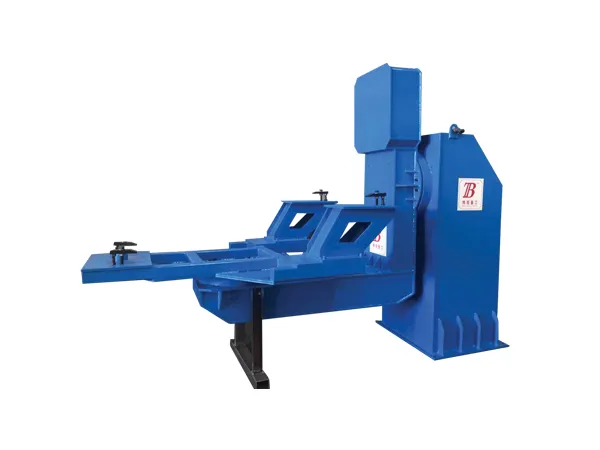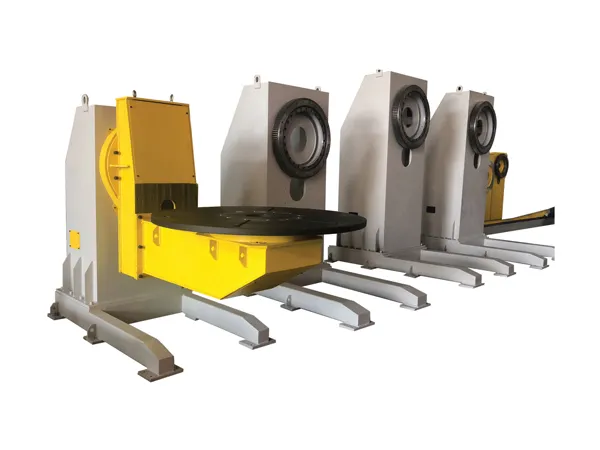Welding positioners are essential machinery in the fabrication and welding industry, designed to hold and manipulate workpieces into optimal positions for welding. These devices enhance precision, efficiency, and the overall quality of welds, making them indispensable across various industries including aerospace, automotive, and construction.

Welding positioners serve multiple key functions that streamline the welding process:
Workpiece Manipulation and Orientation: They manipulate the workpiece's orientation to allow precise control over the welding process, crucial for achieving high-quality welds.
Secure Holding: They securely hold the workpiece in place, ensuring stability and preventing movement that could compromise the weld's integrity.
Controlled Movement and Rotation: Positioners enable controlled movement and rotation, essential for accessing different angles and reaching intricate areas for uniform welds.
Fixed Position Maintenance: By maintaining a fixed position relative to the welding torch, positioners ensure consistent weld quality and reduce errors.
Enhanced Efficiency: The ability to manipulate and rotate workpieces enhances the welding process's efficiency, saving time and resources.
Improved Weld Quality: The optimized welding position provided by positioners contributes to improved weld quality, focusing on desired penetration and fusion for stronger, more reliable welds.
Versatility: Positioners come in various sizes and configurations, catering to different welding applications and making them adaptable across industries.

Welding positioners operate through a combination of secure clamping mechanisms and controlled rotational and tilting movements:
Rotational Movements: They provide controlled rotational movements programmable to adjust speed and direction based on specific welding project requirements.
...
For more detailed information about the core functions of welding positioner, please click here: https://www.bota-weld.com/en/a/news/welding-positioner-core-functions.html